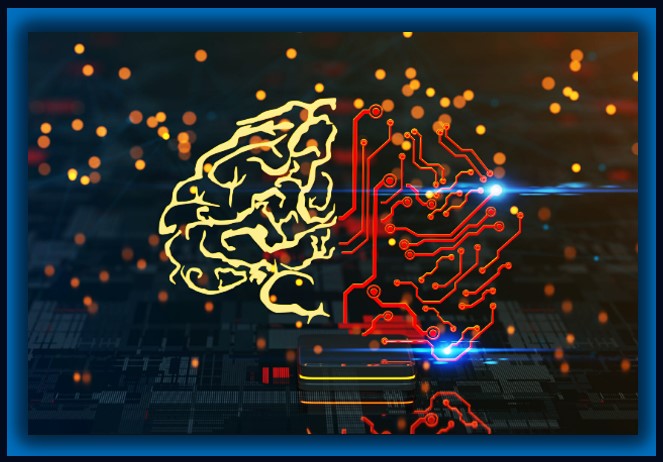Shining the Spotlight on Deep Learning
December 17, 2024

In recent years, deep learning has emerged as a transformative technology, driving advancements across various industries. From self-driving cars to voice recognition and medical diagnosis, deep learning is reshaping the way we interact with technology. But what exactly is deep learning, and how can it benefit you or your business? Let’s explore.
What Is Deep Learning?
Deep learning is a subset of machine learning, which itself is a part of artificial intelligence (AI). At its core, deep learning utilizes neural networks—complex algorithms inspired by the human brain—to analyze and interpret large volumes of data. These neural networks consist of layers of interconnected nodes (or neurons) that process data, allowing the model to learn from patterns and features without explicit programming.
Key Components of Deep Learning
- Neural Networks: The fundamental building blocks of deep learning. A neural network is made up of layers:
- Input Layer: Receives the raw data.
- Hidden Layers: Intermediate layers that transform input into something the output layer can use.
- Output Layer: Produces the final prediction or classification.
- Activation Functions: These functions determine whether a neuron should be activated based on the input it receives. Common activation functions include ReLU (Rectified Linear Unit), sigmoid, and softmax.
- Training: Deep learning models are trained using large datasets. During training, the model adjusts its internal parameters (weights) to minimize the error between its predictions and the actual outcomes.
What Does Deep Learning Do?

Deep learning excels at a variety of tasks, particularly those involving complex patterns and large datasets. Here are some common applications:
- Image Recognition: Deep learning models can analyze images, recognizing objects, faces, and even emotions. This technology powers applications like facial recognition on smartphones and automated tagging on social media.
- Natural Language Processing (NLP): Deep learning is instrumental in understanding and generating human language. It enables applications such as chatbots, language translation services, and sentiment analysis.
- Speech Recognition: Virtual assistants like Siri and Google Assistant utilize deep learning to understand and respond to voice commands, making it easier for users to interact with their devices.
- Autonomous Vehicles: Self-driving cars rely on deep learning to process information from cameras and sensors, allowing them to navigate roads and avoid obstacles.
- Healthcare: Deep learning is being used in medical imaging to identify diseases in X-rays and MRIs, enhancing diagnostic accuracy and treatment planning.
How Can Deep Learning Help You?
- Enhanced Decision-Making
By analyzing vast amounts of data quickly and accurately, deep learning models can provide valuable insights that inform decision-making. Businesses can leverage these insights to optimize operations, improve customer experiences, and develop targeted marketing strategies.
- Automation of Repetitive Tasks
Deep learning can automate routine tasks, freeing up human resources for more complex activities. For example, companies can use deep learning for automated data entry, customer support through chatbots, and fraud detection in financial transactions.
- Personalization
Deep learning enables businesses to deliver personalized experiences to customers. By analyzing user behavior and preferences, companies can recommend products, tailor content, and enhance user engagement.
- Predictive Analytics
With the ability to analyze historical data and recognize patterns, deep learning can help businesses forecast trends and outcomes. This capability is particularly valuable in areas like inventory management, financial forecasting, and risk assessment.
- Innovation and Competitive Advantage
Embracing deep learning can lead to innovative solutions and products. Companies that adopt this technology can gain a competitive edge by staying ahead of market trends and delivering cutting-edge services.

Deep learning is a powerful technology that holds immense potential across various sectors. By understanding its principles and applications, you can harness its capabilities to improve decision-making, automate tasks, personalize experiences, and drive innovation. As deep learning continues to evolve, its impact on our daily lives and businesses will only grow, making it an essential area to explore for anyone interested in the future of technology. Whether you’re a business leader, a developer, or simply curious about AI, embracing deep learning can open doors to new opportunities and insights.
Have Any Question?
Call or email Cocha. We can help with your cybersecurity needs!
- (281) 607-0616
- info@cochatechnology.com




